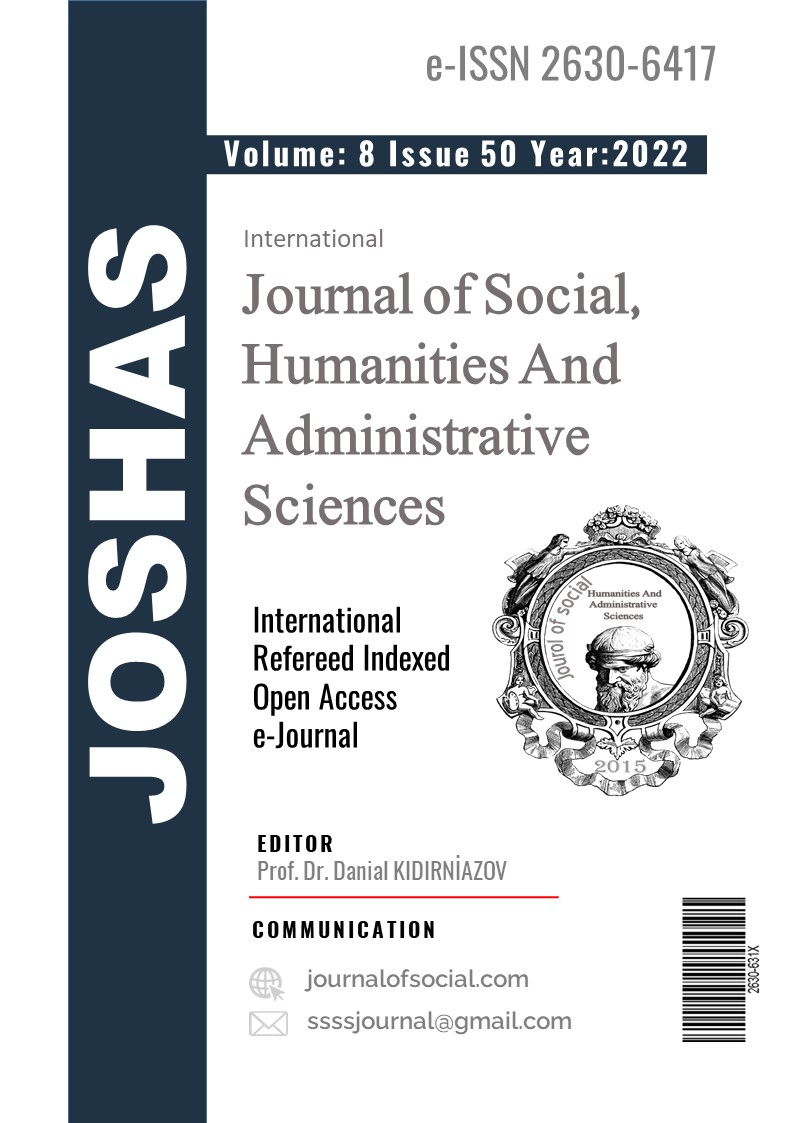Author :
Abstract
The main objectives of the Holy Qur'an are: 1. Tawhid that is the oneness of Allah. 2. Nubuwwah, that is prophecy. 3. Akhirah, resurrection after death, hashir, joy, paradise, and hell. 4. A direction that includes worship and justice. Briefly, in the Qur'an, the main goals of which are summarized in this way, there are many different topics related to these objectives. One of them is the issues related to medicine, which are of great interest to everyone. However, there are no extensive and detailed medical knowledge and treatment methods in the Qur'an since it is not a medical book and was not sent down to tell about these issues. The general principle of the Qur'an, especially in the field of medicine and other positive sciences, is to free people in fields based on observation, experiment and experience and encourage them to research and work. Over time, medical knowledge will increase, improve and may even change. If the Qur'an had brought extensive medical information in this field, there would have been no increase, development and change. Because the provisions and principles imposed by the Qur'an are final, and it is never possible to change them over time.
Keywords
Abstract
The main objectives of the Holy Qur'an are: 1. Tawhid that is the oneness of Allah. 2. Nubuwwah, that is prophecy. 3. Akhirah, resurrection after death, hashir, joy, paradise, and hell. 4. A direction that includes worship and justice. Briefly, in the Qur'an, the main goals of which are summarized in this way, there are many different topics related to these objectives. One of them is the issues related to medicine, which are of great interest to everyone. However, there are no extensive and detailed medical knowledge and treatment methods in the Qur'an since it is not a medical book and was not sent down to tell about these issues. The general principle of the Qur'an, especially in the field of medicine and other positive sciences, is to free people in fields based on observation, experiment and experience and encourage them to research and work. Over time, medical knowledge will increase, improve and may even change. If the Qur'an had brought extensive medical information in this field, there would have been no increase, development and change. Because the provisions and principles imposed by the Qur'an are final, and it is never possible to change them over time.
Keywords
- Aydüz, D. (2011), Kur’ân-ı Kerim’de Besinler ve Şifa (Nutrients and Healing in the Qur'an), İstanbul. Bukhari, M. (1994) al-Jami’ al-Sahih, Beirut.
- Canan, I. (1996), Translation and Interpretation of Qutb-i Sitte, Akçağ Publications, Istanbul. Carrel, A. (unknown date) Dua, (Terc. Karim Güney).
- Çetin, M. (1992), “The Concept of Healing in the Qur'an", Dokuz Eylül Ün. ilâhiyat Fakültesi Dergisi, Izmir. Ibn Hajar A. (1988), Fath al-Bari, Cairo.
- Küçük, R. (1985) “Tıbb-ı Nebevî Literatürü Üzerine Bir Deneme”, İlim ve Sanat, v. 3.
- M. Mahmud Abdullah, (unknown date), al-Tibb al-Qur'ânî bayn al-Dawâ wa al-Gadâ, Kahire. Mâlik b. Anes, (1951), al-Muwatta, Kâhire.
- Opitz, M. K. (1971), Die Medizin im Koran (Kur'ân'da Tababet), translation by Uzluk, F.N., Ankara. Tantavî, (1931) al-Jawâhir fî Tafsîr al-Qur'ân, Egyipt.





